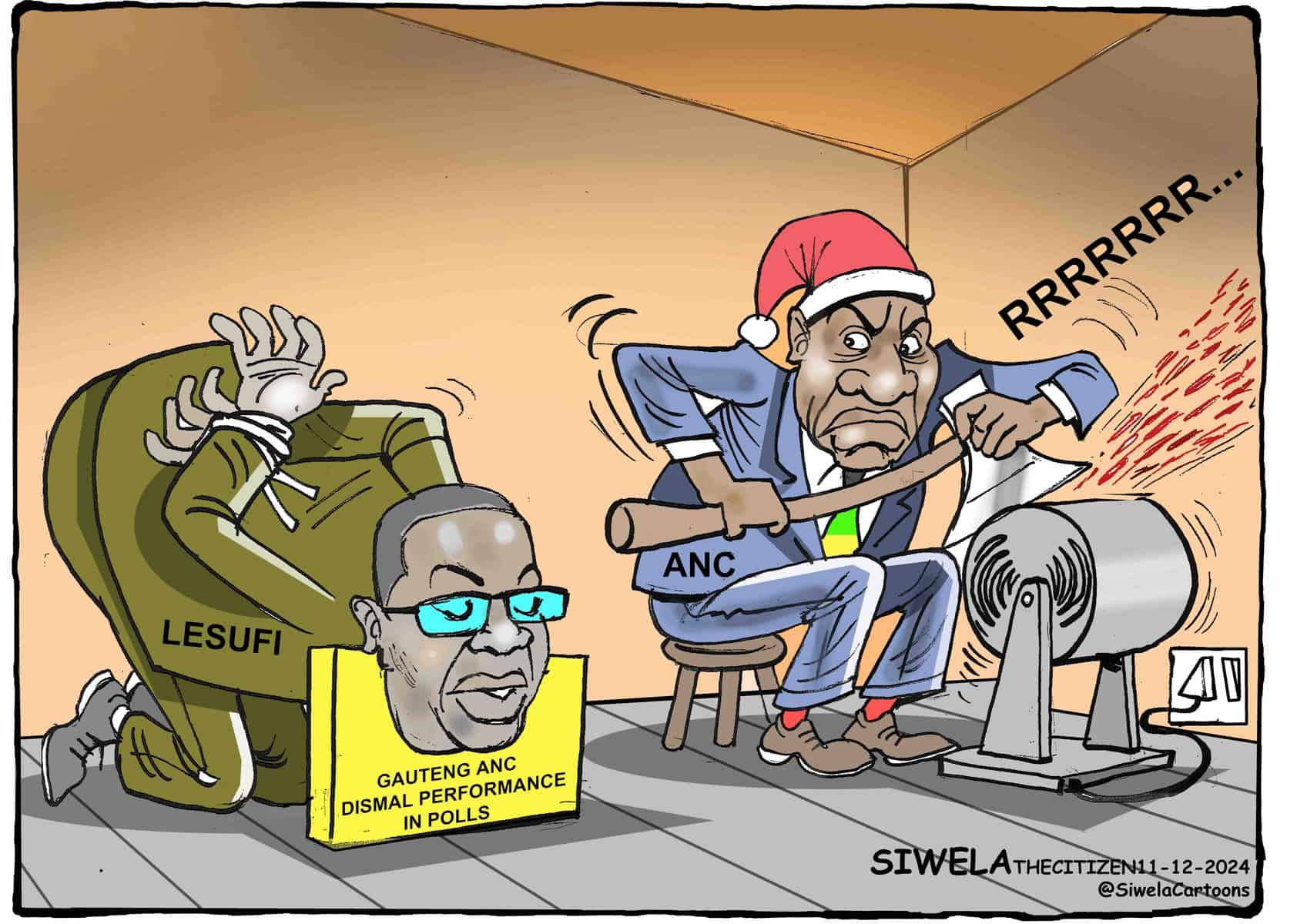Gauteng’s plan to construct solar farm ‘will bolster investor confidence’
'This is on condition the project can be delivered within budget and meeting the timeframe – without being tainted by corruption.'

Solar energy panel photovoltaic cell and wind turbine farm power generator in nature landscape for production of renewable green energy is friendly industry. Picture: iStock
Despite scant information on technical details – site plans, layout and grid infrastructure – experts have given a thumbs up to Gauteng premier Panyaza Lesufi’s bold R1.2 billion plan to construct an 800 megawatt (MW) solar farm in Merafong, on the West Rand, with economists saying Eskom’s energy crisis was likely be a catalyst for workable alternatives.
In a bid to lessen the impact of rolling blackouts in Gauteng – South Africa’s economic powerhouse – Lesufi this week during the State of the Province Address announced that within weeks, the provincial government would appoint six developers to commence the construction of a massive a solar farm.
The project, he said, would be followed by the installation of rooftop solar panels on government buildings, especially hospitals, clinics and schools.
‘Should be welcomed’
In welcoming the move, Wits University economics professor Jannie Rossouw said there was a strong likelihood of more alternative initiatives like Merafong mushrooming, “with a number of solar panels being erected to harvest the sun”.
“This is all due to Eskom failing to supply electricity to South Africa on an uninterrupted basis. Such interventions will go a long way in reducing individual and business dependence on Eskom,” Rossouw said.
“Any initiative like Merafong – using environmentally friendly electricity generation rather than the coal-fired process – should be welcomed. This is on condition the project can be delivered within budget and meeting the timeframe – without being tainted by corruption.
ALSO READ: Open letter to Ramaphosa: We need solar energy to revive struggling economy
“We can no longer allow Eskom to continue harming the economy and contributing to unemployment,” said Rossouw.
University of Johannesburg associate professor of economics Peter Baur agreed, saying: “Considering the need to generate additional energy for South Africa and the global pressures faced by greenhouse warming, there has been a need to invest in renewable energy.
“This will bolster investor confidence by creating investment opportunities for foreign companies to invest in technology.”
Baur said a key challenge on the Merafong development was “to provide a sustainable infrastructure, which will support the initiative”.
“Steps should be taken to prevent cable theft, with infrastructure security prioritised. Additional factors, such as the rising price of commodities specific to the energy industry, should be carefully navigated.
“Eskom will need the support from the private sector. The national demand for energy will continue to grow as the global economy recovers from the challenges of Ukraine, Covid and sluggish international markets,” said Baur.
WATCH: Solar-powered car makes record breaking trip
He said there was a “dire need to support growth initiatives and prevent a complete collapse”.
“Potential partnerships between the private sector and the state may be necessary. To bolster the private sector involvement, greater levels of transparency and removing regulatory frameworks, may assist in reducing business uncertainty,” Baur said.
Gauteng stopping development
Independent political analyst Sandile Swana said Johannesburg and Gauteng were “the stopper of economic growth in the [SA Development Community]”.
“Any capacity Lesufi brings will be a small, positive and welcome contribution. These projects take about 12 to 24 months to bring on stream. We must assume that some six to 12 months of spade work has already been done,” Swana said.
ALSO READ: 15,000 solar geysers to be rolled out to needy homes
“The National Energy Crisis Committee of Ministers has relaxed many regulations, including environmental impact assessments, so Lesufi will be able to move fast and safely if he has competent and diligent executives to help him.”
Solar farm could take two years
Describing an 800MW solar farm as “gigantic, because most are 100 megawatts”, energy expert Ted Blom predicted the project could take two years to come to fruition, “depending on how the contract has been managed”.
“The solar farm technology is very different to rooftop – it can be run in parallel,” he said.
ALSO READ: Criminals now targeting solar panels
Expressing scepticism about the project, independent energy analyst Tshepo Kgadima said the most “appropriate, cost-efficient and environmentally sustainable solution for Gauteng’s electricity needs is retrofitting higher-efficiency, lower-emissions clean coal technologies, at 85% energy availability, at Kelvin, Rooivaal and Pretoria West power stations, with a combined licensed capacity of 960MW”.
– brians@citizen.co.za
For more news your way
Download our app and read this and other great stories on the move. Available for Android and iOS.









